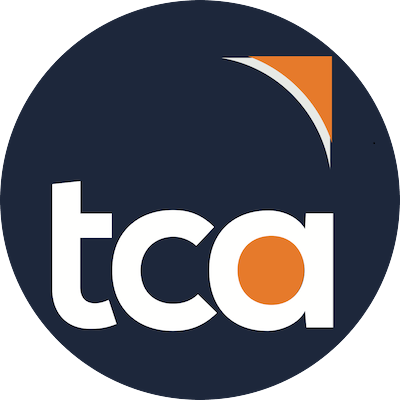It’s a weird time to be thinking about your long-term purpose. But it might be the best time.
Most of us want our work to connect to some larger, greater good – to reflect our passion, our purpose. But, what if we don’t know what that is yet? What if we feel pressured to pick one now because of what’s going on in the world?
I recently worked with a young marketing vice president at a startup. Despite the company’s success, she felt the startup’s focus didn’t reflect her long-term passion and regretted that the brand hadn’t developed a distinct position on current events.
She’s not alone. There’s more pressure than ever to find a long-term purpose in work earlier and earlier.
Universities have even begun to focus on helping students find their purpose rather than simply developing a career trajectory.
It’s not going very well. Recent research from Bates College and Gallup found a so-called “purpose gap.” They found 80% of the surveyed graduates said purpose in their work was very or extremely important. However, less than half reported finding it in their jobs.
It could be, as the research concluded, that higher education simply needs to do a better job of helping students find their purpose. But I think it’s just putting too much pressure on students to find purpose when they’ve barely started their careers.
There’s an ironic but beautiful twist. Purpose-seeking has become more daunting than ever in this uniquely stressful year. But the possibilities are richer, more diverse, and more open than they’ve been in decades. As you adapt to the new, next, or just different normal, there’s a wide range of lifestyle, belief, and value-system choices for purpose-seeking in our work.
Both big and small brands value purpose more than ever. Why? Because it’s more profitable than ever. Recent research that finds that up to 62% of customers want and are expecting companies to take a stand and build long-term purpose. That’s not just talk. Almost half (47%) of consumers that are disappointed in a brand’s purpose (or lack thereof) will walk away from them in frustration. And 17% never come back.
Seeking a higher purpose than simply “creating customers” has become a viable, and profitable, business strategy.
Consumers see through brands that latch on to a topical purpose mainly for the marketing benefit. The benefits of purpose-driven brand initiatives come when the purpose is in line with the brand’s mission or reason for being.
Similarly, finding what fuels your passion – your own best purpose – doesn’t happen inadvertently. It takes effort, time, and experience.
It’s a long game.
Right now, in the midst of disruptive changes (good and bad), the pressure to have your purpose figured out can feel unbearable. But it’s okay to not know what your purpose is at this moment. You don’t have to pick right now.
Every role, opportunity, project, and job you take on will help you discover the things that make your spirit come alive.
Playing the long game of finding purpose may be the shortest path to discovering it.
It’s your story. Tell it well.





